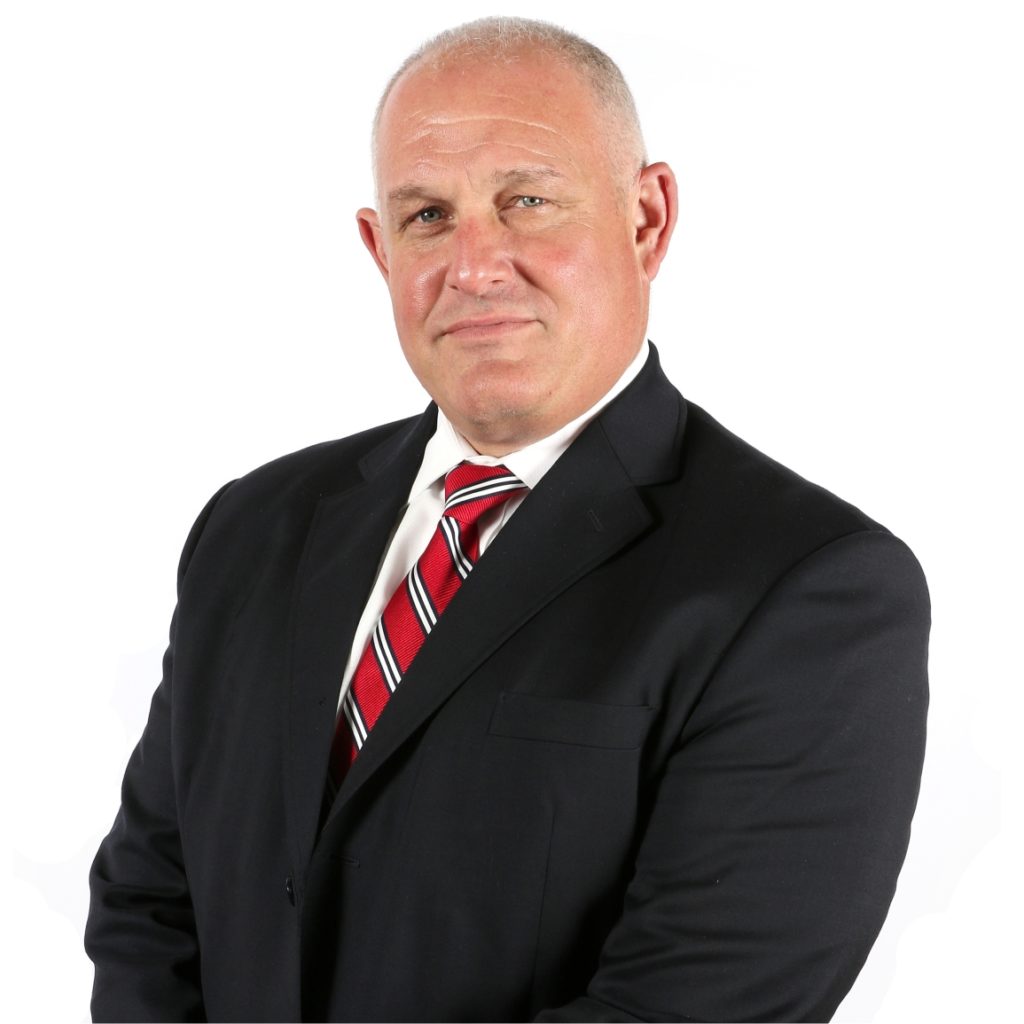Three federal judges issued temporary injunctions against the new public charge rule that was to take effect on October 15, 2019. (For more information on the proposed rule please see our previous blog post).
Judge Daniels of New York issued a preliminary injunction prohibiting the administration from enforcing the public charge rule. Judge Daniels faulted the government for not explaining why it was changing the definition of public charge or why the change was needed. In his ruling, Judge Daniels said President Trump was redefining immigration rules that have remained in place since the late 19th century with a new framework that “makes no sense.” The federal government’s position is that the measures would ensure that migrants granted residency are self-sufficient.
Traditionally, the public charge has been defined as a person who is likely to become or has become “primarily dependent on the government for sustenance,” which is evident either by the receipt of public cash assistance programs or “institutionalization for long-term care at government expense.” (See Field Guidance on Deportability and Inadmissibility on Public Charge Grounds.” 64 FR 28689 (May 26, 1999). The new rule seeks to expand the definition of the existing rule and would broaden the type and amount of benefits that count against immigrants. The change has led many people to panic and cause confusion over the new rule and how they are affected by it.
For now, any changes to the applications, including new versions of Forms will not go into effect and have now been taken off of the USCIS website pending litigation. This means any proposed form changes did not take effect and old forms to stand. See below for guidance on version dates.
- Form I-129 (Petition for Nonimmigrant Worker) – current unrevised version date: 1/31/2019
- Form I-539 (application to extend/change nonimmigrant status) – current unrevised version date: 2/4/2019
- Form I-539A (co-applicants of I-539 principal applicants) – current unrevised version date: 2/4/2019
- Form I-485 (adjustment of status to permanent residence) – current unrevised version date: 1/31/2019
- Form I-912 (request for a fee waiver) – current unrevised version date: 1/31/2019 (although guidance on the page does mention that the use of such form could affect future eligibility of applicant).
- Form I-944, Declaration of Self-Sufficiency, that many I-485 adjustment of status applicants would have needed to submit to show receipt of public benefits. This form will not be required and has since been removed from the USCIS website until a final decision has been made in court.
In response to the injunctions, President Trump is issued a presidential Proclamation (the subject of a next post) addressing the very same issues. It is important to keep a close eye on the changes and decisions that are occurring in the government and how those changes can have an effect on the immigration laws, processes, and applications. At Wilner & O’Reilly, we understand the complexities of the immigration laws and their consequences on families and individuals. We are experienced and are here to help. We offer free, in-person consultations at our offices in Orange, Fresno, Riverside, Sacramento, and San Bruno, California, as well as Orem and Salt Lake City, Utah, and Boise, Idaho.
ABOUT THE AUTHOR(S)

SULLY T. BRYAN – MANAGING ATTORNEY – FRESNO Sully Bryan is the Managing Attorney at the Fresno Office of Wilner & O’Reilly. Ms. Bryan currently focuses on family-based immigration, U-Visas, 601 Waivers, VAWA, and removal defense. Ms. Bryan received her Juris Doctor from Brigham Young University, J. Reuben Clark Law School. During her time in law school, she served on the board of Moot Court, The Minority Law Students Association, Student Bar Association, and the Latin American Law Student Association. She also participated in the Immigration Law Forum and Women in the Law. In 2014, Sully received the Cora Snow Carleton Award; an award that is given to an outstanding female student at the law school. Born and raised in Southern California, she is the proud daughter of two immigrants, and the first person in her family to have attended college.

RICHARD M. WILNER – FOUNDING PARTNER
Richard M. Wilner is a founding member of Wilner & O’Reilly, APLC and is Board Certified by the State Bar of California as a Specialist in Immigration and Nationality Law. He is admitted to practice law in the State of California and before the U.S. District Courts for the Central, Northern and Southern Districts of California, the Northern District of Texas, the U.S. Court of Appeals for the Ninth Circuit and the U.S. Supreme Court.Mr. Wilner has received the coveted Martindale-Hubbell AV Rating, the highest legal and ethical rating that one can receive from one’s peers in the legal community. Similarly, he has been awarded the title of Super Lawyer from 2007 to the present. He is best known for his work in advising Fortune 500 companies, middle and small market businesses, entrepreneurs and foreign nationals of extraordinary ability in athletics, arts, and sciences in the complex area of U.S. Immigration and Nationality Law.


Comments are closed.